Cooking Advice
Thanksgiving on the Farm | Recipes
Amid rolling fields and roaming goats, two of New England’s hardest-working culinary pros, Justin and Danielle Walker, create a family feast to remember.
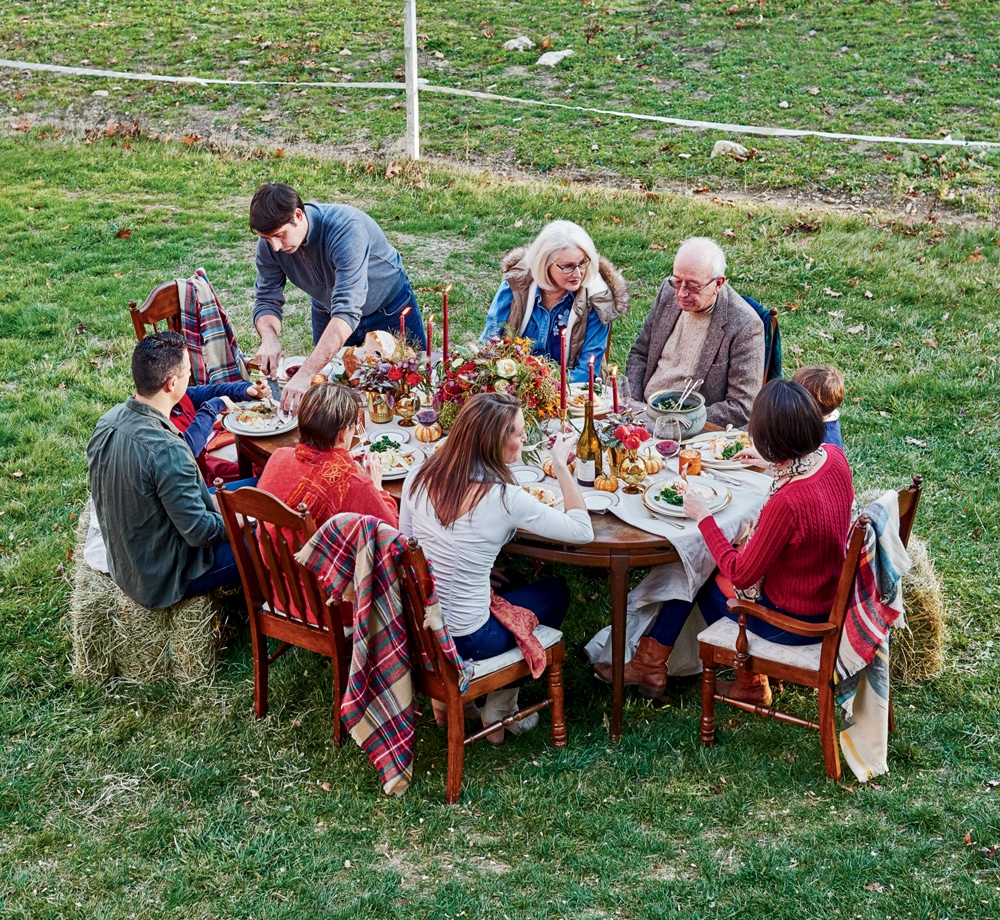
Coffee By Design | Portland, Maine
Photo Credit : Katherine Keenan



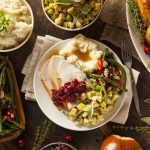
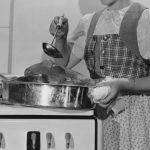
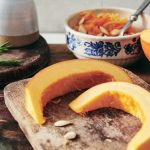
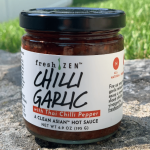
Thanksgiving Blessings to One and All ??????
YANKEE MAGAZINE HAS ALWAYS BEEN MY ALL TIME FAVORITE MAGAZINE TO READ AND ENJOY HERE IN THE EAST 🙂 lOVE IT